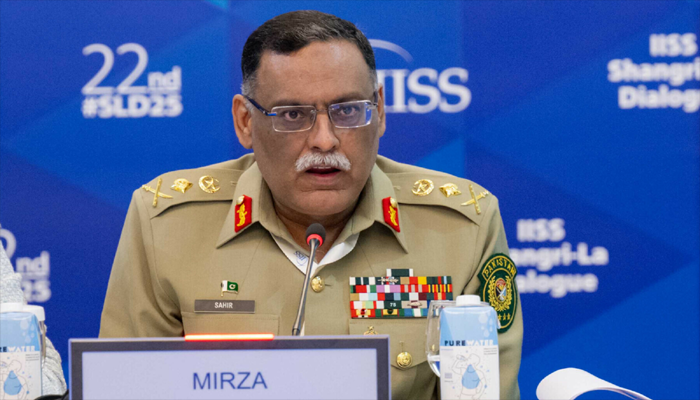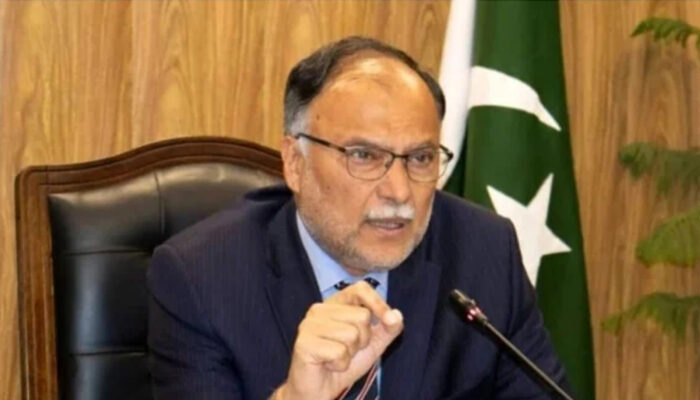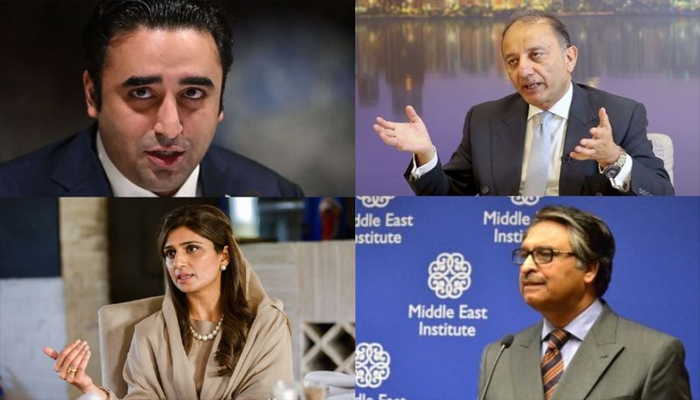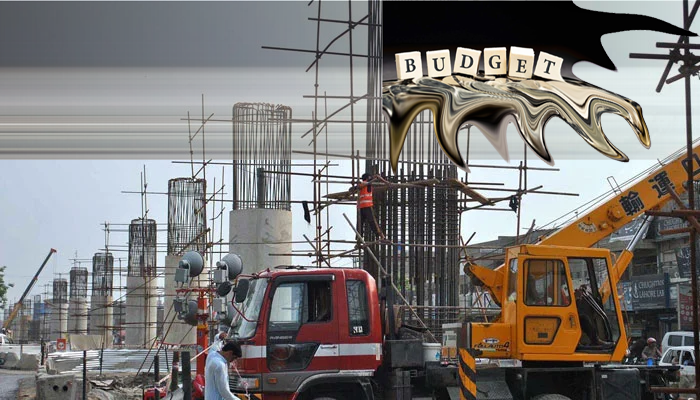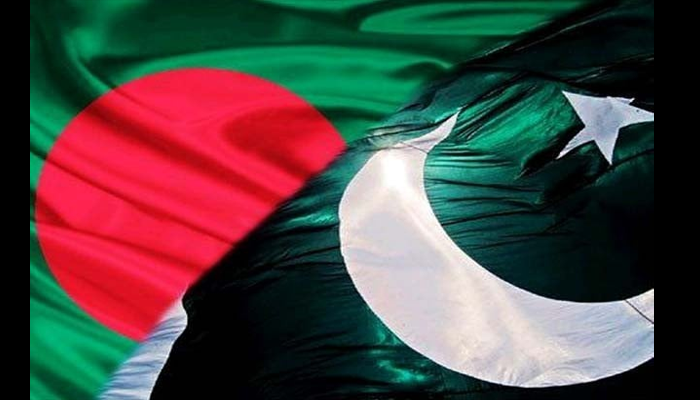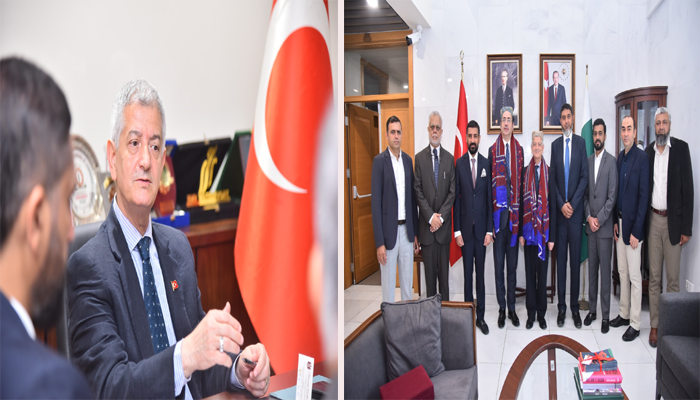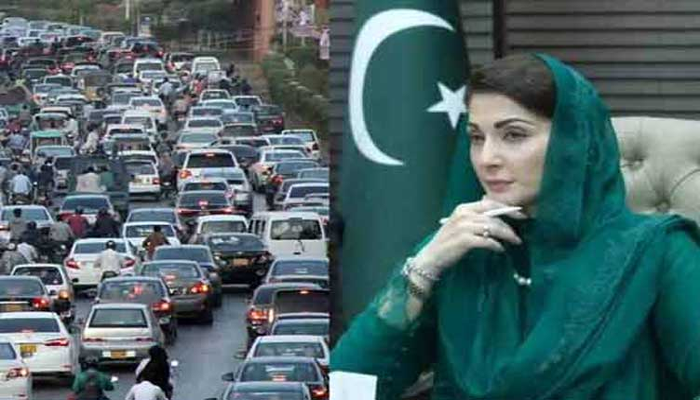SINGAPORE: Pakistan’s Chairman of the Joint Chiefs of Staff Committee (CJCSC), General Sahir Shamshad Mirza, has issued a stark warning about the dangers of unchecked military escalation in South Asia, urging the international community to prioritize conflict resolution over mere management.
Speaking at the prestigious Shangri-La Dialogue 2025 in Singapore during a panel titled “Regional Crisis-Management Mechanisms”, Gen Mirza reflected on the alarming escalation between Pakistan and India in early May. The flare-up was triggered by baseless Indian allegations against Islamabad for a deadly attack in occupied Kashmir’s Pahalgam. In retaliation to Indian air strikes that killed civilians, Pakistan downed five Indian jets and launched counterstrikes, bringing both nuclear-armed nations to the brink of war.
A ceasefire was only achieved after intense diplomatic efforts by the United States on May 10.
Gen Mirza highlighted that the absence of a structured crisis management framework poses significant risks. “With the current extremist mindset in India’s polity and the lack of crisis mechanisms, global powers may find themselves too late to intervene effectively. Damage and destruction would have already occurred,” he warned.
He argued that conflict resolution—not just conflict management—is crucial for lasting peace, particularly through the early resolution of the Kashmir dispute in line with UN Security Council resolutions and the aspirations of the Kashmiri people.
“The core issue between India and Pakistan is Kashmir,” Gen Mirza emphasized. “Without resolving it, conflicts will continue to erupt.”
The general pointed out that during peacetime, Kashmir is often overlooked. He lamented that regional frameworks remain weak, as crisis management still depends solely on the DGMO hotline—a single point of military contact between Pakistan and India.
Referring to the recent conflict, he revealed that India’s air strikes had targeted cities instead of borders, resulting in 40 civilian deaths and over 120 injuries, along with the martyrdom of 13 Pakistani security personnel. “This represents a shift—our previous wars in 1965 and 1971 remained within disputed territories. Now, the international border has been breached.”
Gen Mirza warned that the threshold for conventional warfare has dangerously lowered, making future escalations more volatile. “Cities were targeted first this time, not borders. In a future conflict, before diplomacy steps in, devastation could already be widespread.”
He accused the Indian media of fueling jingoism and said India’s increasing role as a “Western-backed net security provider” discourages it from engaging in genuine peace efforts.
Despite the tension, Gen Mirza reaffirmed Pakistan’s commitment to peaceful coexistence based on mutual respect and sovereign equality. He urged regional powers to revive and strengthen existing bilateral and multilateral frameworks, emphasizing that “crisis management must evolve into a strategic ethic, not just reactive tools.”
He acknowledged the role of third-party mediators—including the US, UK, Turkiye, China, Saudi Arabia, and the UAE—in defusing the crisis, but warned that relying solely on external intervention is no substitute for established regional mechanisms.
“We need more communication—frequent and effective—before it's too late,” he concluded.

